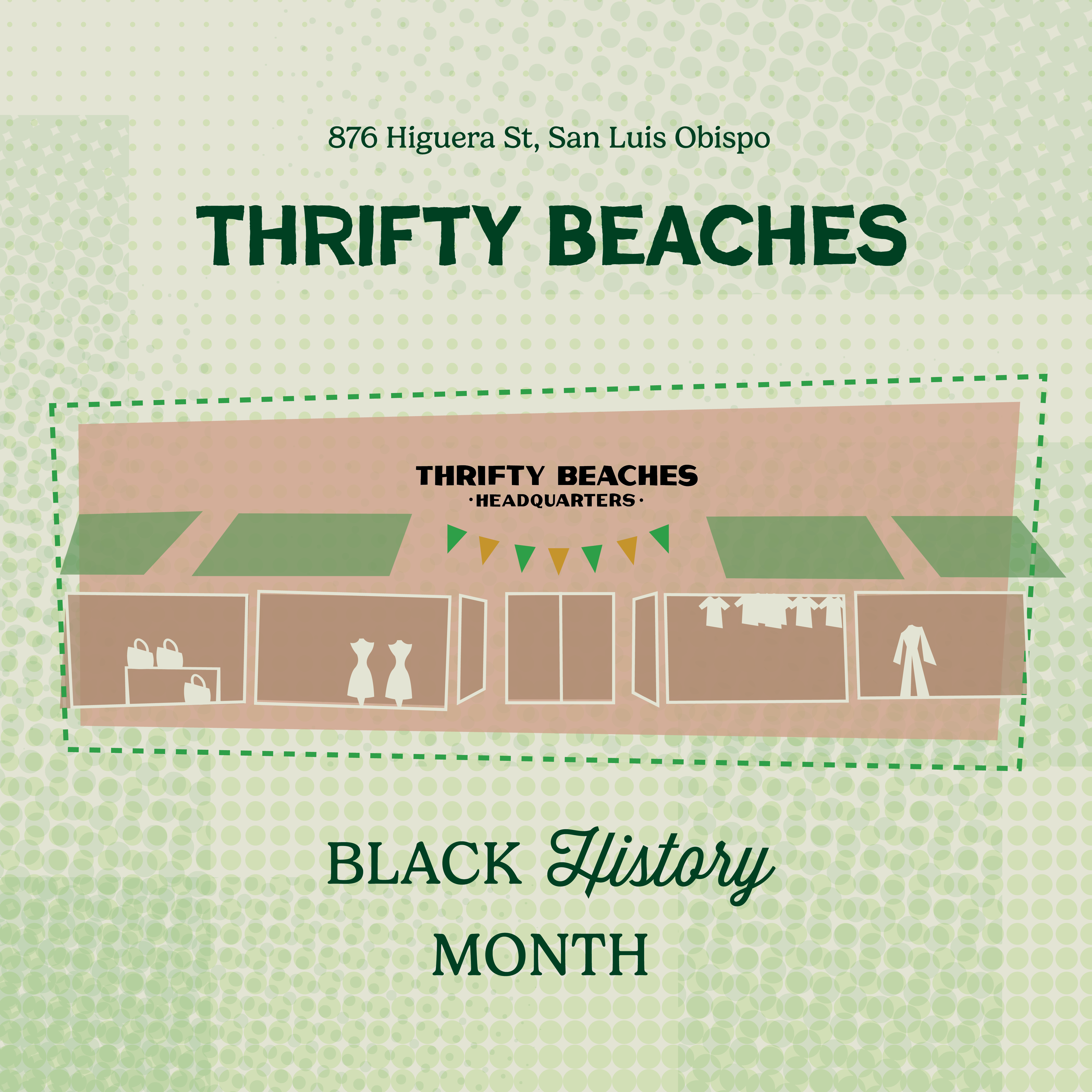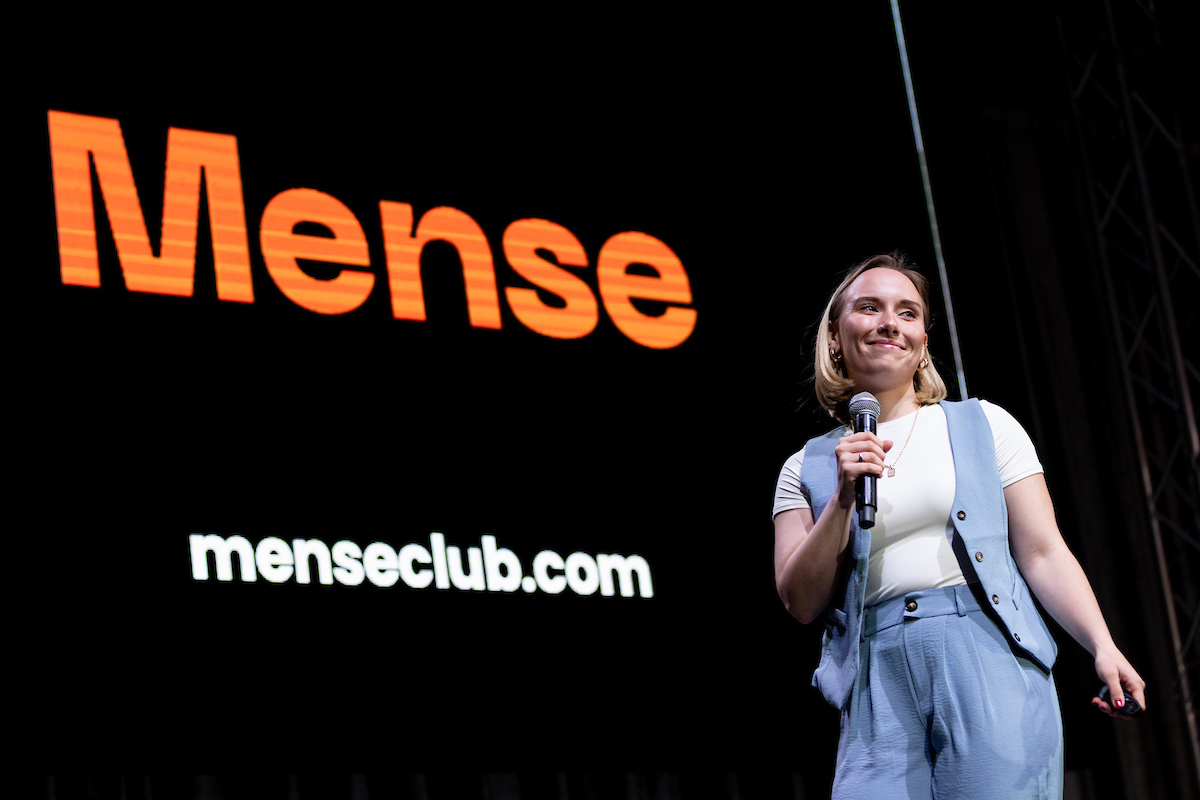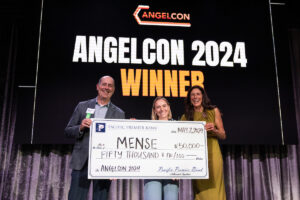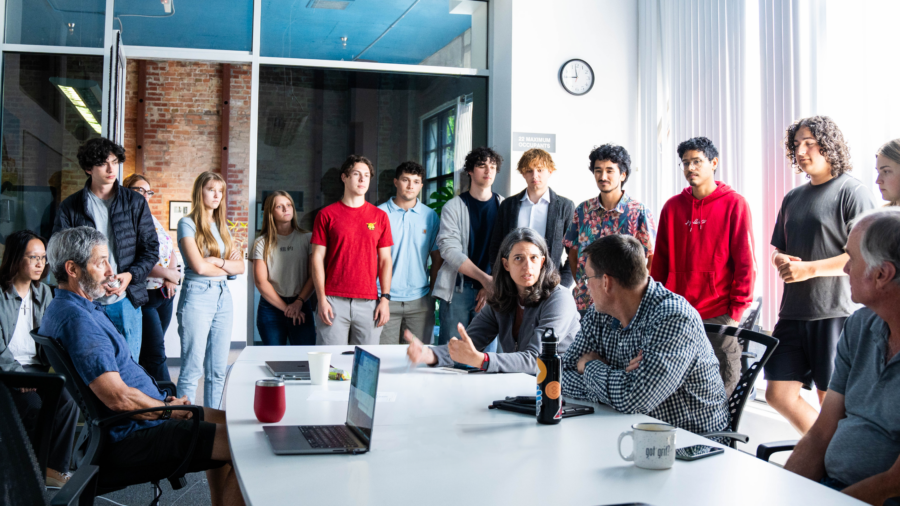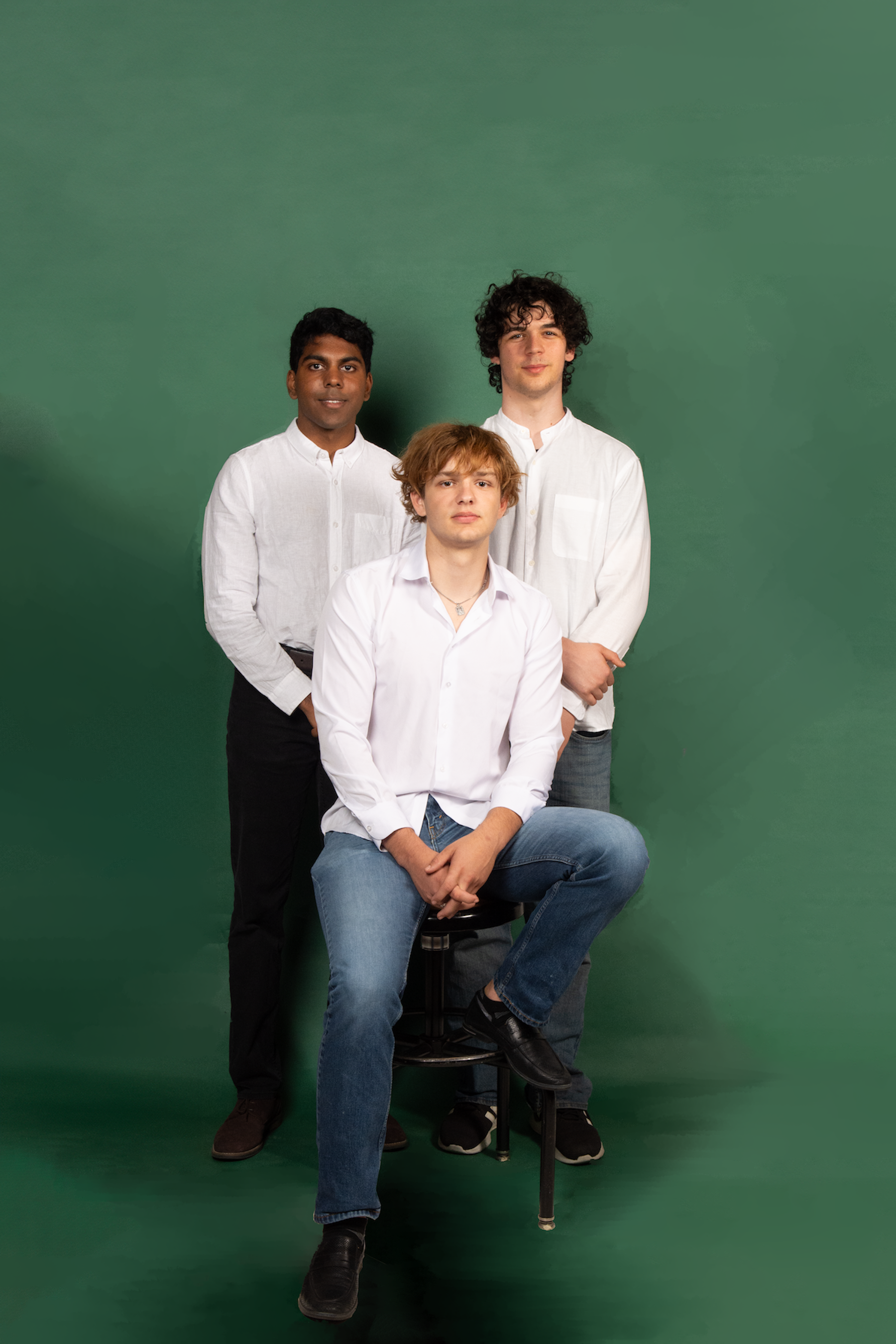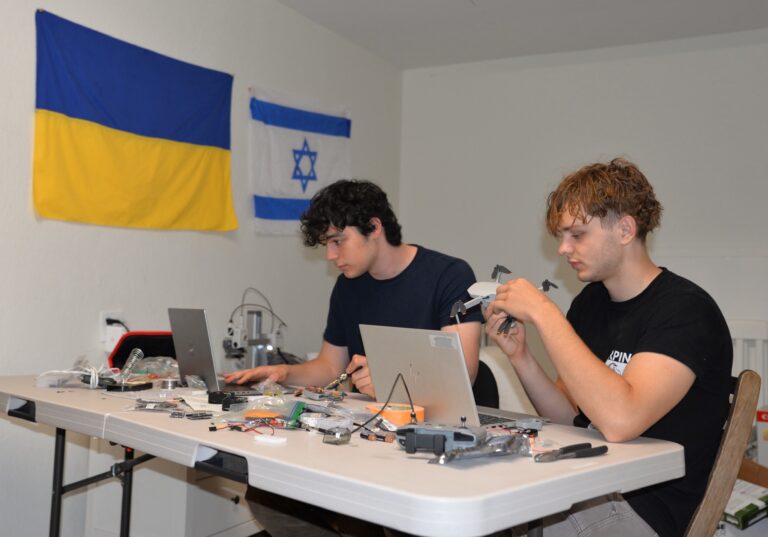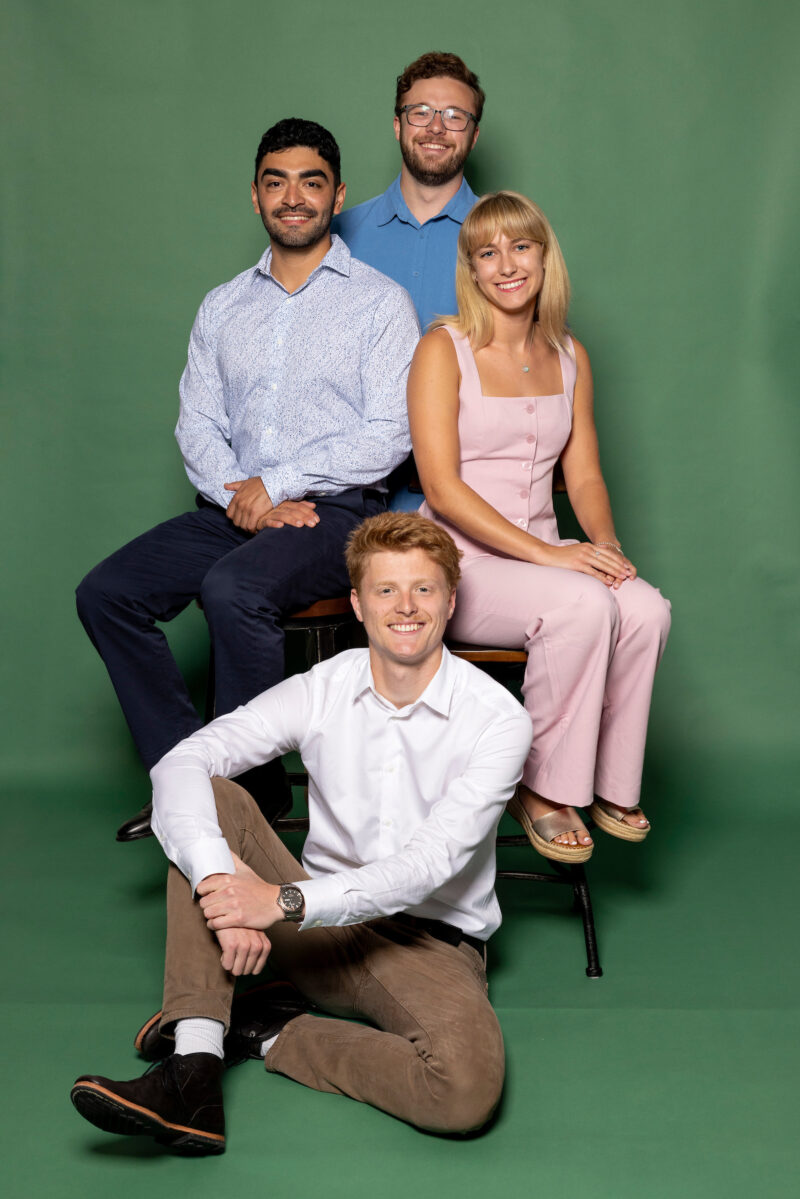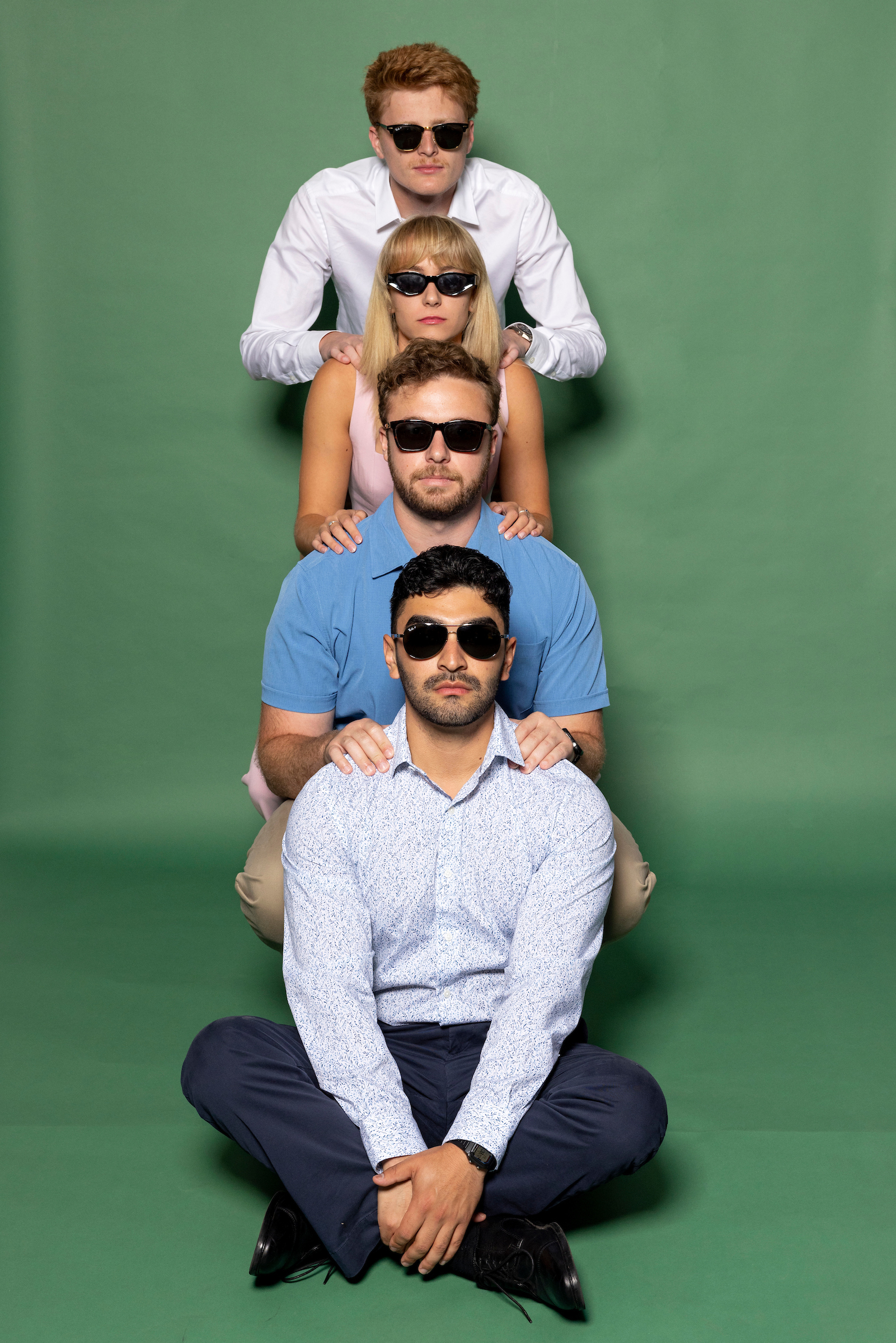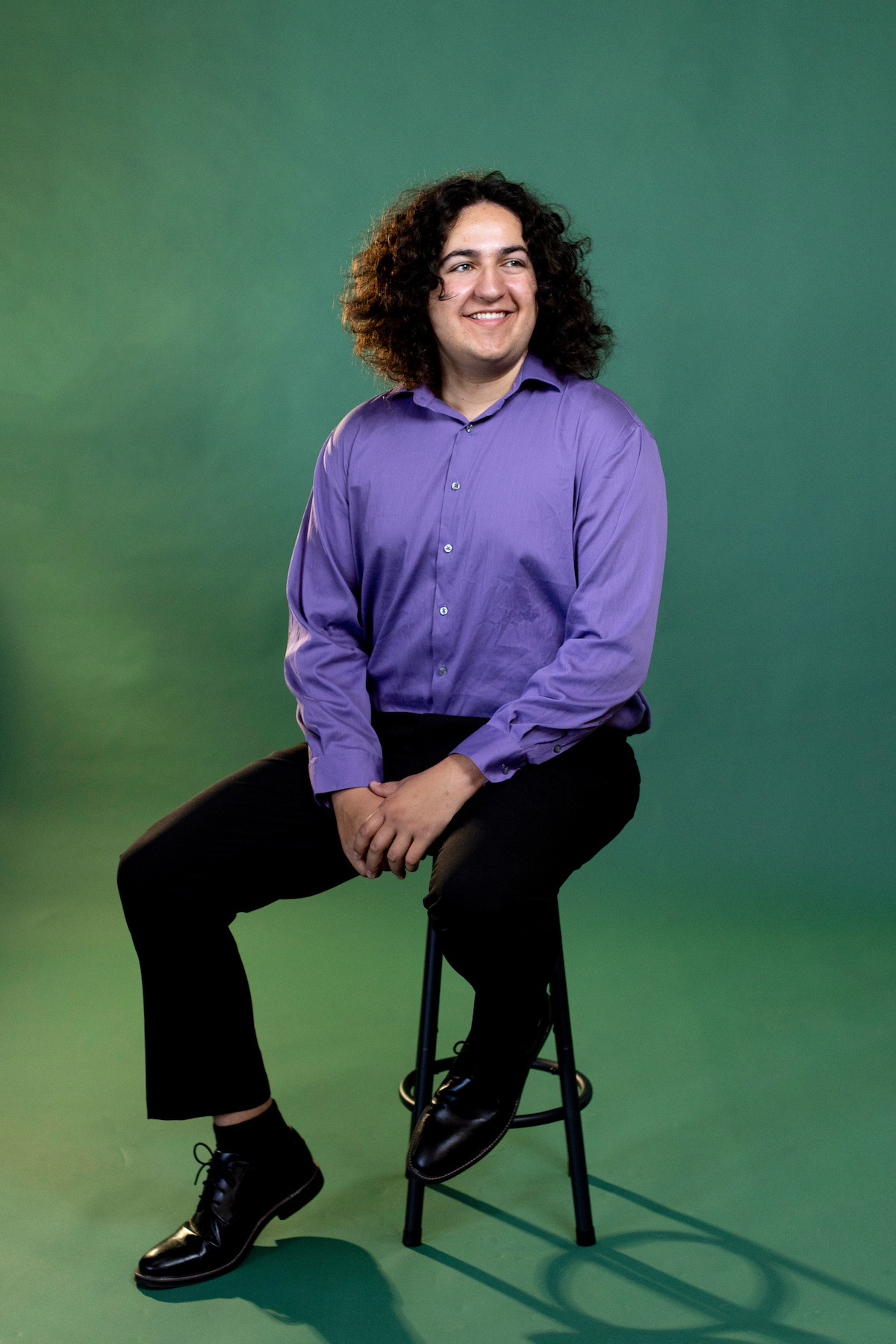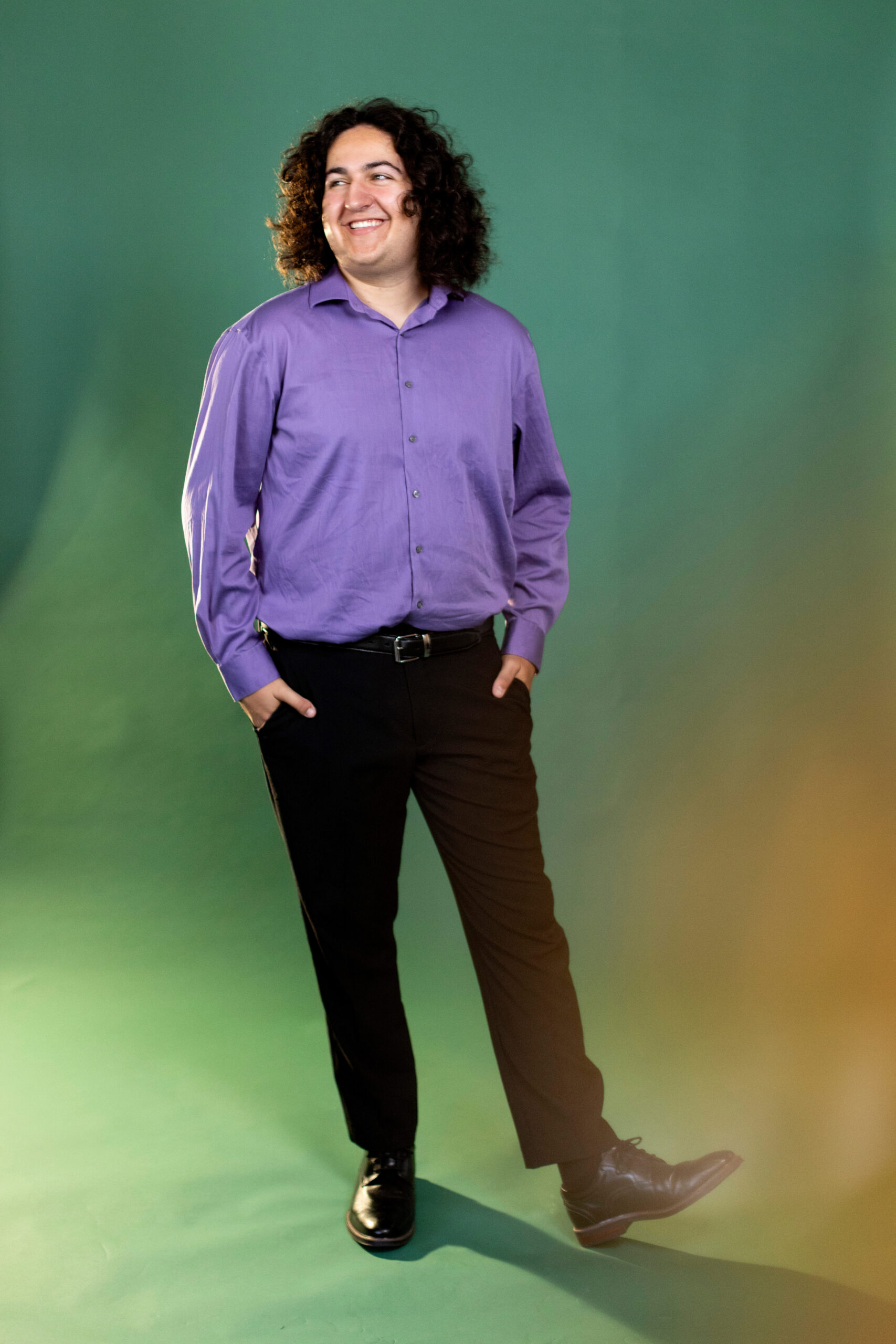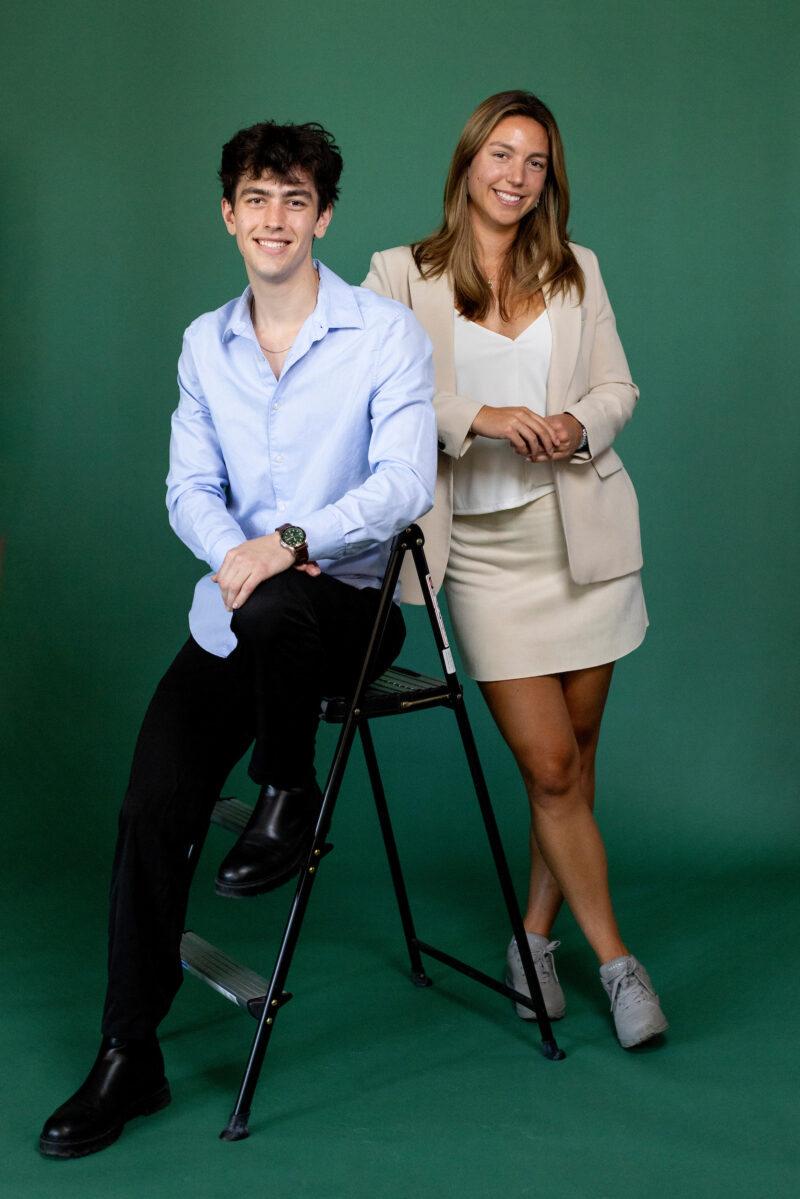Black History Month: Ebony SLO
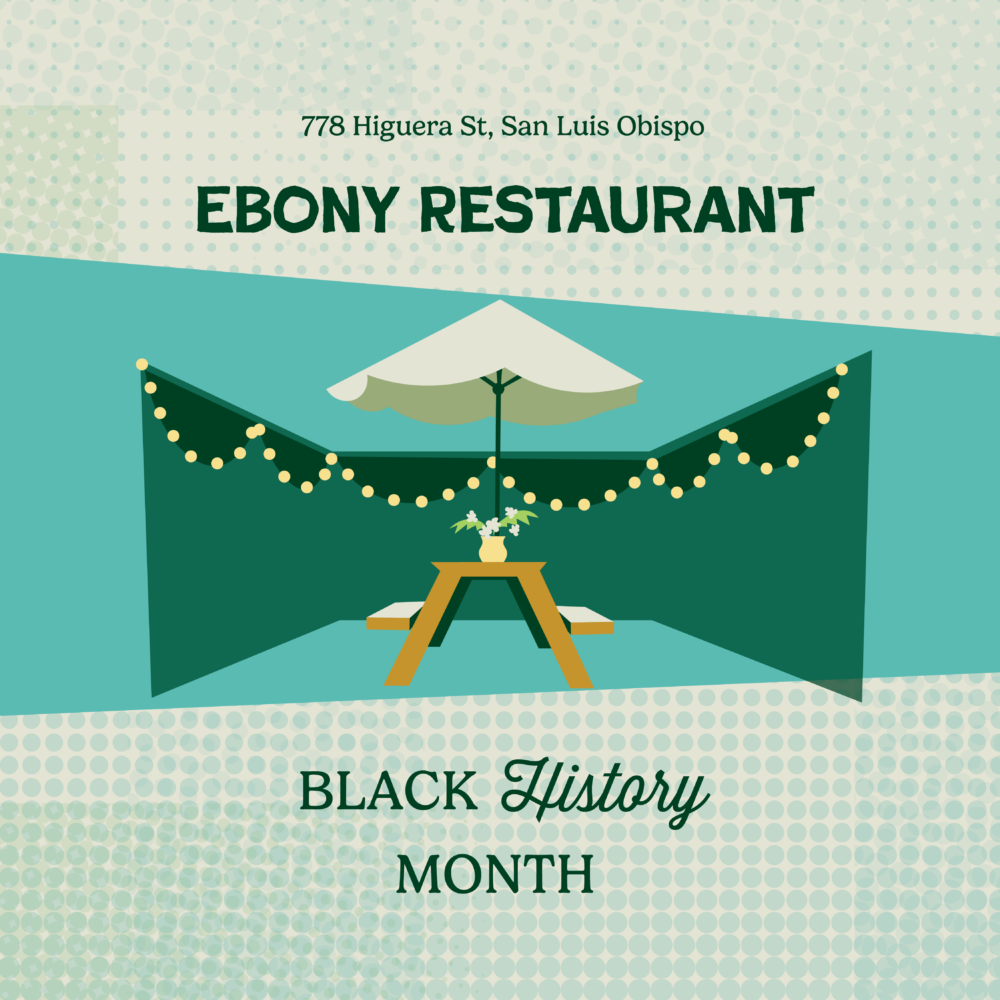
This Black History Month, we’re highlighting Black-owned businesses that are making an impact in San Luis Obispo. This week, we’re shining a spotlight on Ebony SLO, the first Ethiopian restaurant in the area, founded by sisters Helen Abraha and Martha Taezaz. With a deep passion for cooking and a mission to bring authentic Ethiopian flavors to the Central Coast, Ebony is more than just a restaurant — it’s a celebration of culture and community.
Growing up in Addis Ababa, Ethiopia, Abraha and Taezaz learned the art of cooking from their mother, who instilled in them the value of patience, love and tradition in the kitchen. Abraha’s passion led her to earn a Culinary Arts degree, while Taezaz pursued formal training at Ethiopia’s Catering and Tourism Training Institute.
Together, they’ve combined their expertise and lifelong love of food to create Ebony SLO, a restaurant that honors their roots while introducing Ethiopian cuisine to a new audience.
Since opening in December 2023, Ebony has quickly gained a loyal following, offering an entirely organic, vegan, and gluten-free menu. Staples like misir wot (a flavorful red lentil stew), shiro (a rich chickpea dish) and freshly made injera (a traditional fermented flatbread) transport customers to the heart of Ethiopia with every bite.
Beyond the food, Ebony introduces an essential part of Ethiopian culture: the tradition of sharing meals.
“In Ethiopia, food is always about sharing,” Taezaz explained in an interview with Mustang News. “We eat together from one big plate, and that’s what makes it special.”
For many customers, Ebony has become a place to experience not only new flavors but also the warmth and hospitality that define Ethiopian dining. Regulars have praised the restaurant not just for its incredible food, but for the dedication and heart that Abraha and Taezaz put into every dish.
Abraha and Taezaz’s journey reflects the resilience, passion and dedication of Black entrepreneurs in San Luis Obispo. While Black History Month serves as a time to recognize and uplift Black-owned businesses, support shouldn’t stop when February ends.
As the sisters continue to introduce more people to the beauty of Ethiopian food, the best way to support them is simple: show up, spread the word and celebrate the diversity that makes San Luis Obispo a richer place to live.
Visit Ebony SLO at 778 Higuera St, San Luis Obispo, CA 93401, or visit their website.
